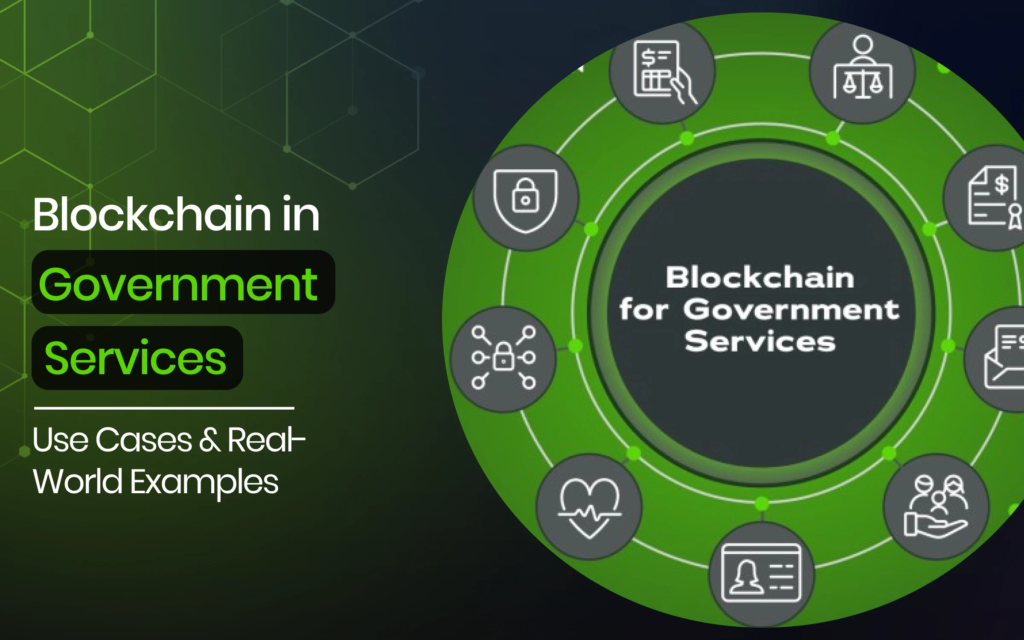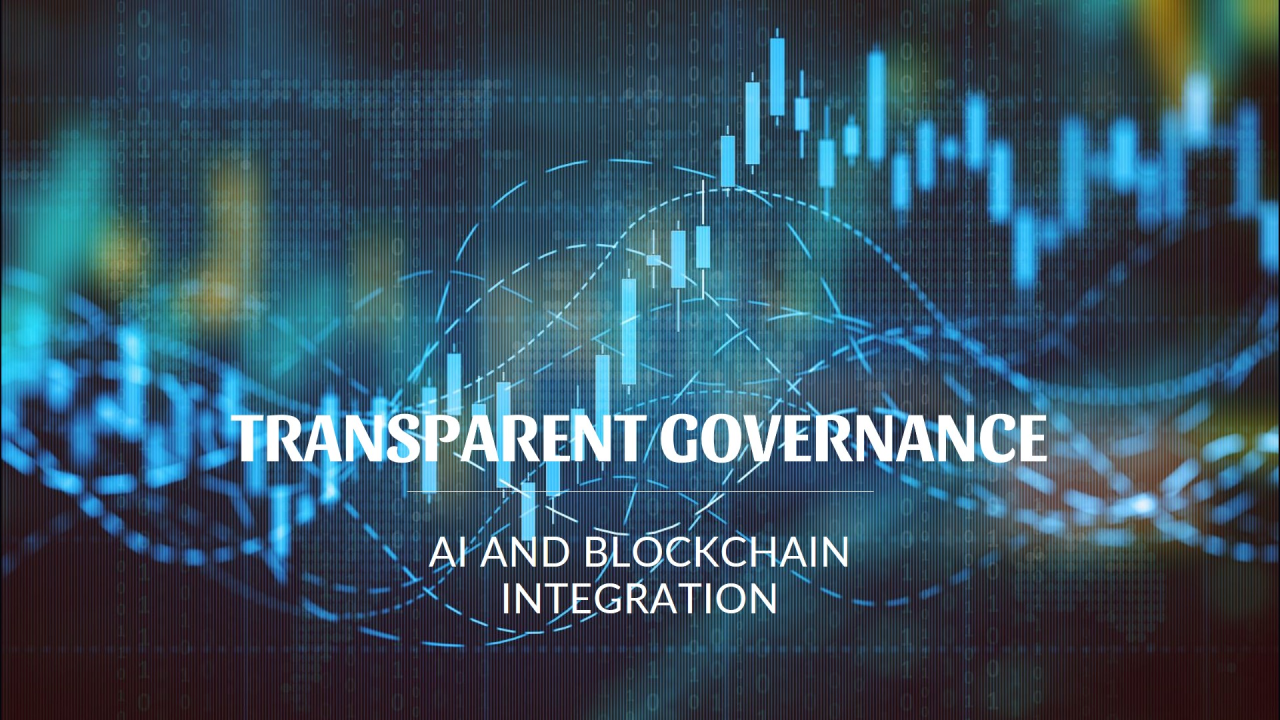Introduction to Blockchain in Governance
Blockchain technology is rapidly reshaping the way governments operate, particularly in the Gulf region. Traditionally, governance systems have relied on centralized processes, which sometimes led to inefficiencies, lack of transparency, and trust issues among citizens. Blockchain, with its decentralized and immutable ledger system, promises to revolutionize these processes, ensuring that every transaction or decision is traceable, secure, and publicly verifiable.
By introducing blockchain into governance, Gulf countries are taking a proactive approach toward digital transformation. These efforts not only enhance transparency but also foster trust between governments and citizens, creating a more accountable administrative ecosystem.
How Blockchain Enhances Transparency
At its core, blockchain records every transaction in a chronological and tamper-proof manner. This feature is particularly valuable in governance, where accountability is paramount. By using blockchain, all actions—whether financial transactions, licensing, or public services can be transparently documented.
Citizens can track the flow of funds, monitor procurement processes, and verify government initiatives. This level of visibility reduces the potential for corruption and inefficiency, ensuring that public resources are used responsibly. Furthermore, blockchain can provide a real-time snapshot of governmental activities, creating a sense of openness that strengthens public confidence.
Blockchain in Public Financial Management
One of the most critical areas where blockchain is making an impact is public financial management. Governments in the Gulf region are exploring blockchain to streamline budgeting, auditing, and financial reporting. By digitizing and decentralizing financial records, authorities can ensure that funds are allocated efficiently and that every expenditure is traceable.
This approach minimizes human error, prevents fraudulent activities, and allows for automatic verification of financial transactions. For instance, blockchain can facilitate transparent disbursement of subsidies or welfare payments, ensuring that they reach the intended beneficiaries without leakage.
Revolutionizing Procurement and Supply Chains
Procurement processes in government have traditionally faced challenges like delayed approvals, opaque bidding, and favoritism. Blockchain introduces a transparent framework where all tendering, bidding, and contract execution steps are recorded on a public ledger.
By doing so, all stakeholders, including citizens, can verify the fairness of procurement activities. Additionally, blockchain enables better tracking of government supply chains, ensuring that goods and services are delivered efficiently and ethically. This not only strengthens governance but also builds confidence among businesses and citizens alike.

Digital Identity and Citizen Services
Another transformative application of blockchain in Gulf governance is in digital identity management. Blockchain allows the creation of secure, tamper-proof digital identities for citizens. These identities can be used to access government services, sign official documents, and authenticate transactions without relying on multiple intermediaries.
By centralizing digital identity on a blockchain, governments can reduce administrative burdens, eliminate redundant verification processes, and prevent identity fraud. Citizens benefit from faster, more efficient services, while governments gain better control and transparency over identity-related processes.
Smart Contracts for Automated Governance
Smart contracts are self-executing contracts with the terms of the agreement directly written into code. In the Gulf, smart contracts are being explored to automate various governmental procedures, from licensing to public service delivery.
These automated contracts execute predefined rules without human intervention, reducing delays and eliminating the potential for manipulation. For instance, licensing approvals, grant disbursements, or service subscriptions can be handled via smart contracts, ensuring that all conditions are met transparently and efficiently.
Blockchain in Healthcare Administration
Healthcare administration in the Gulf can greatly benefit from blockchain technology. By securely recording patient data on a blockchain, healthcare providers can ensure privacy while maintaining accurate and accessible records.
Blockchain facilitates the transparent allocation of medical resources, insurance claims, and procurement of medical supplies. Additionally, it supports secure data sharing among hospitals, pharmacies, and government authorities, enhancing accountability and reducing administrative inefficiencies.
Strengthening Legal and Judicial Transparency
Legal processes often face criticism for lack of transparency, slow resolution, and complex documentation. Blockchain can streamline these processes by recording court cases, legal documents, and judgments on an immutable ledger.
Such transparency ensures that judicial actions are traceable and verifiable, minimizing disputes and fostering public trust. Citizens can verify case progress, access legal records securely, and be confident in the fairness of judicial decisions.

Boosting Public Participation and Trust
Transparency is not just about documenting actions; it also encourages active citizen participation. Blockchain allows governments to implement transparent voting systems, public consultations, and community feedback mechanisms.
By ensuring that every vote or suggestion is recorded securely and verifiably, blockchain strengthens the relationship between governments and citizens. This fosters a culture of inclusivity, accountability, and mutual trust, which is essential for modern governance.
Challenges and Considerations
While blockchain holds immense potential, implementing it in governance comes with challenges. These include technological infrastructure requirements, cybersecurity concerns, legal frameworks, and public awareness. Governments must carefully plan adoption strategies, ensure robust security protocols, and train officials to leverage blockchain effectively.
Despite these challenges, the Gulf region is demonstrating remarkable progress. Pilot programs and large-scale implementations show that with the right policies and investments, blockchain can significantly improve transparency and governance efficiency.
Future Prospects in Gulf Governance
The future of blockchain in Gulf governance looks promising. As governments continue investing in digital transformation, blockchain applications are expected to expand across sectors, including taxation, urban planning, environmental management, and smart city initiatives.
Integrating blockchain with other emerging technologies, such as artificial intelligence and the Internet of Things, can create highly efficient and transparent governance ecosystems. Citizens will enjoy faster services, reduced bureaucracy, and stronger trust in public institutions.
Conclusion
Blockchain technology is transforming the landscape of governance in the Gulf region by enhancing transparency, accountability, and efficiency. From financial management to healthcare, legal processes, and citizen services, blockchain provides a secure, traceable, and decentralized system that strengthens public trust.
The Gulf governments’ commitment to adopting blockchain demonstrates their vision for future-ready, transparent governance. As technology continues to evolve, blockchain will play an increasingly vital role in building open, accountable, and citizen-centric governance frameworks, setting an example for the world to follow.
Do follow Gulf Magazine on Instagram.
Also Read – Transforming Gulf Administration Through Powerful Data Analytics Insights



